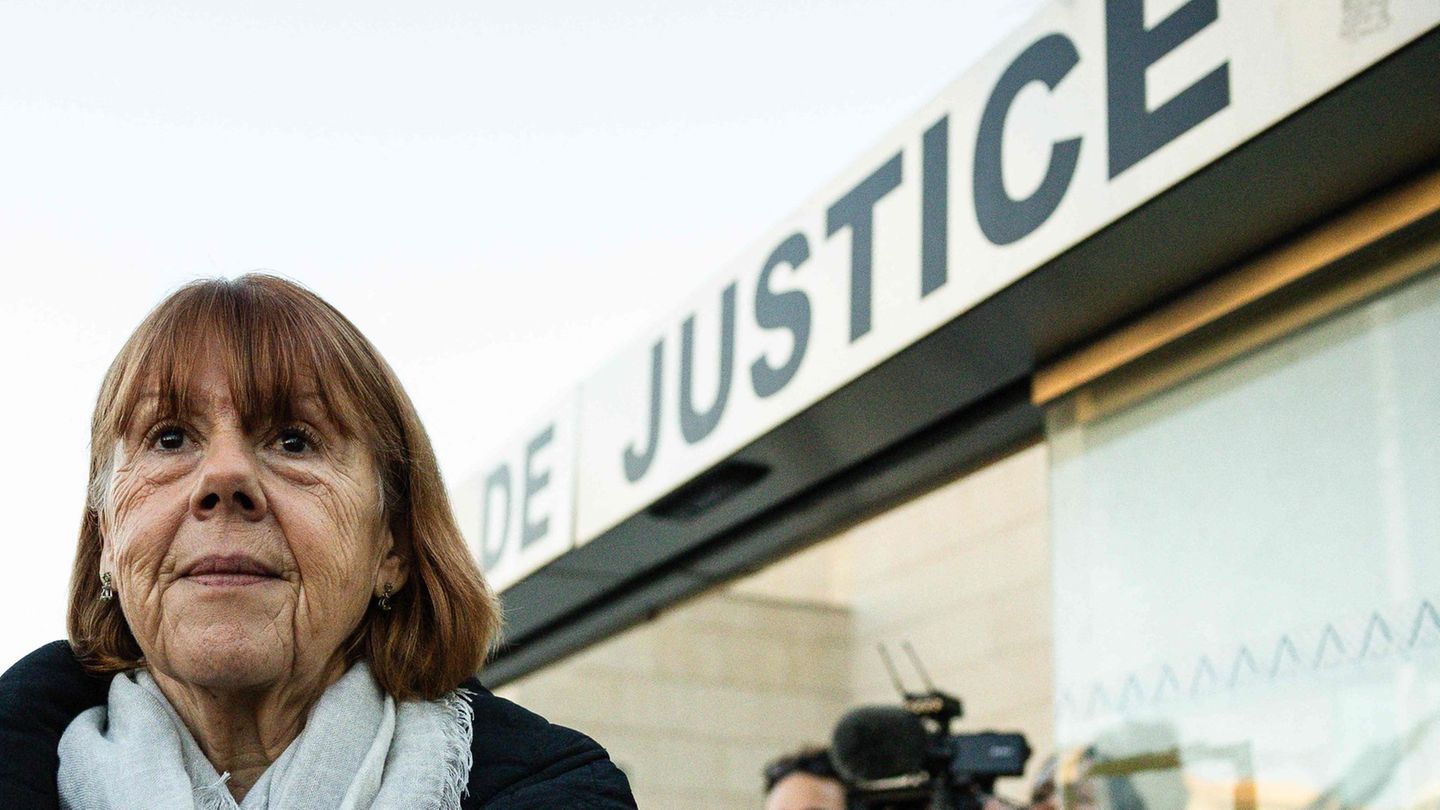Cheap electricity prices had made Kosovo a crypto paradise. Now, however, the country in southeastern Europe has slipped into the worst energy crisis in years. The consequence: the government is turning the juice off of the digital gold miners.
“Mining” (prospecting) of cryptocurrency has been banned in Kosovo since Tuesday. According to Reuters news agency, the government was forced to take this step in order to reduce national electricity consumption. Kosovo is grappling with lost production and the worst energy crisis in a decade.
“All law enforcement agencies will stop the production of this activity in cooperation with other relevant institutions,” said Economy and Energy Minister Artane Rizvanolli in a statement.
Because of the cheap electricity prices in Kosovo to date, many young people took part in crypto mining. An anonymous crypto prospector told Reuters that he would make a profit of EUR 2,400 for electricity costs of EUR 170 per month. The boom mainly hit the north of the country: Most of the Serbs live here, who do not recognize Kosovo as a state and refuse to pay for electricity.
40 percent of the electricity comes from abroad
Around 90 percent of its own electricity generation in Kosovo comes from the operation of two outdated lignite power plants from the Yugoslav era, according to the US International Trade Commission (ITA). According to official figures, the country has the fifth largest lignite reserves in the world.
However, this only covers a fraction of the energy requirement. Because the state with 1.8 million inhabitants is extremely dependent on electricity imports – especially in winter, since, according to the ITA, a large part of the energy consumption is used for heating. According to Reuters, Kosovo now imports more than 40 percent of the energy it needs.
In December, the government ordered power cuts due to rising import prices and outages at coal-fired power plants. A 60-day state of emergency should allow decision-makers to allocate additional funding for energy imports and to take tougher measures.
“It is estimated that Kosovo is losing over $ 300 million in economic opportunities every year due to unreliable and inadequate energy supplies,” the ITA report said.
sources: ;
Source From: Stern
David William is a talented author who has made a name for himself in the world of writing. He is a professional author who writes on a wide range of topics, from general interest to opinion news. David is currently working as a writer at 24 hours worlds where he brings his unique perspective and in-depth research to his articles, making them both informative and engaging.




